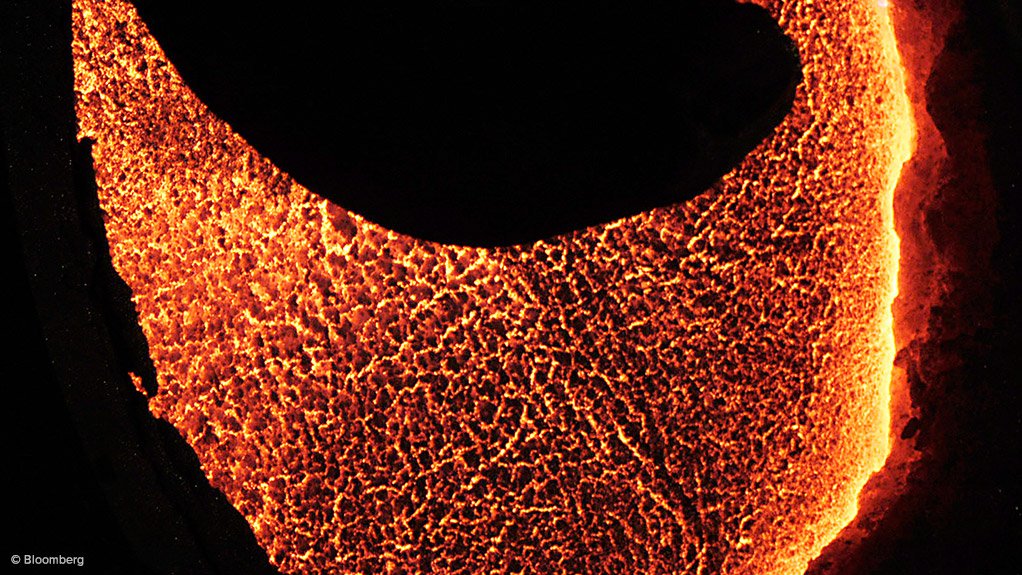SYDNEY – Slumping iron-ore prices have brought down the shutters on the last of Australia's mining boom-era projects still on the drawing board, with partners calling time on the planned $5-billion West Pilbara Iron Ore project.
The proposed mine, a four-way partnership led by two of Asia's biggest steel companies, would have added 30-million tonnes of iron-ore to an already oversupplied market facing slower-than-expected demand from China.
The partners had been due to embark on final feasibility studies for the mine before starting construction, which would have cost around $50-million.
Meeting in Hong Kong, the chief executives of China's Baosteel Resources, South Korean steel maker POSCO, commodities investor AMCI, and Australian rail operator Aurizon Holdings agreed to stop further work on the project, Aurizon said in a statement.
"While the CEOs received reports on considerable progress in areas such as the capital and operating costs of the mine and infrastructure, the current market conditions and uncertainty about future supply and demand were central to the CEO considerations," Aurizon said.
The participants agreed to meet again at end of first quarter 2016 to consider the market for iron-ore.
But by then, according to forecasters, iron ore prices could be even lower and the market in worst shape.
Goldman Sachs last week slashed its ore price estimate for 2016 by 13% to $38/t and said miners should cut out 250-million tonnes of production to balance the market.
"Big iron-ore projects of this scale are no longer warranted and there's widespread recognition of this in the marketplace," said Gavin Wendt, an analyst for MineLife in Sydney.
Baosteel, China's No 2 steel maker, and Aurizon took control of the project last year when they bought its then owner Aquila Resources for $1.1-billion, launching the bid when iron ore prices were nearly twice today's price.
Iron ore stood at $40.20/t on Wednesday, according to the Steel Index
At the time, the partners they said they aimed to reduce the A$7.4-billion ($5.4-billion) cost of the project, and start mining by 2017.
One source familiar with the concerns faced by the partners, said it was made clear in recent months that little appetite existed for additional ore.
Iron ore supply is dominated by Brazil's Vale, followed by the giants of Western Australia's vast Pilbara deposits, Rio Tinto, BHP Billiton and Fortescue Metals Group. These companies added 234-million tonnes of iron-ore in the past two years alone - five times yearly US consumption.
Oversupply and a slowing economy in top consumer China have hit iron ore markets hard, piling pressure on smaller Australian producers such Atlas Iron, BC Iron and Arrium.
Atlas earlier on Wednesday agreed to a far-reaching debt restructuring that will hand its lenders 70% of its stock as it struggles to stay afloat.
Edited by: Creamer Media Reporter
EMAIL THIS ARTICLE SAVE THIS ARTICLE
To subscribe email subscriptions@creamermedia.co.za or click here
To advertise email advertising@creamermedia.co.za or click here













